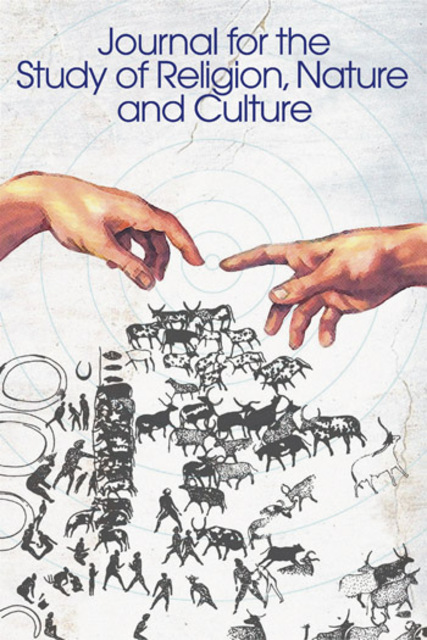Deconstructing Autonomy: Towards a New Identity

Full description
The aim of the article is to argue that a version of Habermas’s concept of communicative reason, expanded using the work of the postmodern philosophers Derrida, Levinas and Irigaray, is a requirement for theology as it responds to environmental concerns. In particular the notion of human autonomy as presupposed by Habermas can be deconstructed in order to establish that humans also operate at a pre-autonomous level and with the messianic promise of a post-autonomous level through the search for an open identity. This forms part of a wider argument which identifies four locations where there is the possibility of a renewed relationship between the Enlightenment concept of reason as reconfigured by Habermas and the ‘others’ of reason, including faith. Key ideas are Derrida’s concept of the messianic and deconstruction as a means of acknowledging the hidden ‘other’, Levinas’s tension between the Saying and the Said, and Irigaray’s demand for a new ontology. Each of these points theology towards a critique of autonomy and the search for a yet-to-be-glimpsed new relationship with non-human nature.
- typeImage
- created on
- file formatjpeg
- file size107 KB
- container titleEcotHeology
- creatorJohn Reader
- issnISSN: 1749-4915 (online)
- issue9.2
- publisherEquinox PublisiHng Ltd.
- publisher placeSHeffield, United Kingdom
- rights holderEquinox PublisHing Ltd.
- doi
We use cookies to analyze our traffic. Please decide if you are willing to accept cookies from our website. You can change this setting anytime in Privacy Settings.
